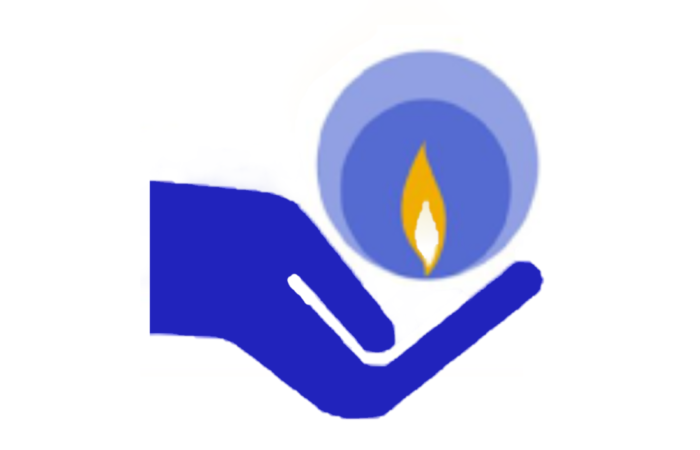Our Ministries
Rosemary Bray McNatt, founding member, on UUTRM’s mission.
Please download and print this poster for quick access to the UUTRM by your minister or other congregational leader in the event of a critical event occurs.
UU Trauma Response Ministry
Since 2002, the UU Trauma Response Ministry (UUTRM) has provided timely, multilevel, culturally sensitive spiritual care to survivors of mass disasters and other critical incidents that may lead to congregational trauma. We help ministers and lay leaders return their congregations to stability.
Our work is designed for the acute phase following a critical incident or disaster. Our training and resources focus on early and short-term interventions, and we make referrals for longer-term needs.
Often, a phone call with a congregational leader is sufficient, but in other cases, our trained responders visit in-person or online. Our services include consultations with clergy; leading trauma processing groups or debriefs for leaders, staff, and members; pulpit supply; assistance with rituals and vigils, and digital resources for sharing with congregants. Every response is tailored to a congregation’s specific needs.
Responding to Crises
The types of events the UUTRM team has responded to, both on site and off site, is extensive and includes (but is not limited to:
shootings ♦ wildfires ♦ hurricanes ♦ flooding ♦ church fires ♦ suicides ♦ homicides ♦ unexpected violent deaths ♦ assaults ♦ public arrests of members ♦ sexual assaults ♦ tornadoes ♦ threats of violence to ministers and congregations ♦ embezzlement ♦ mass shootings
